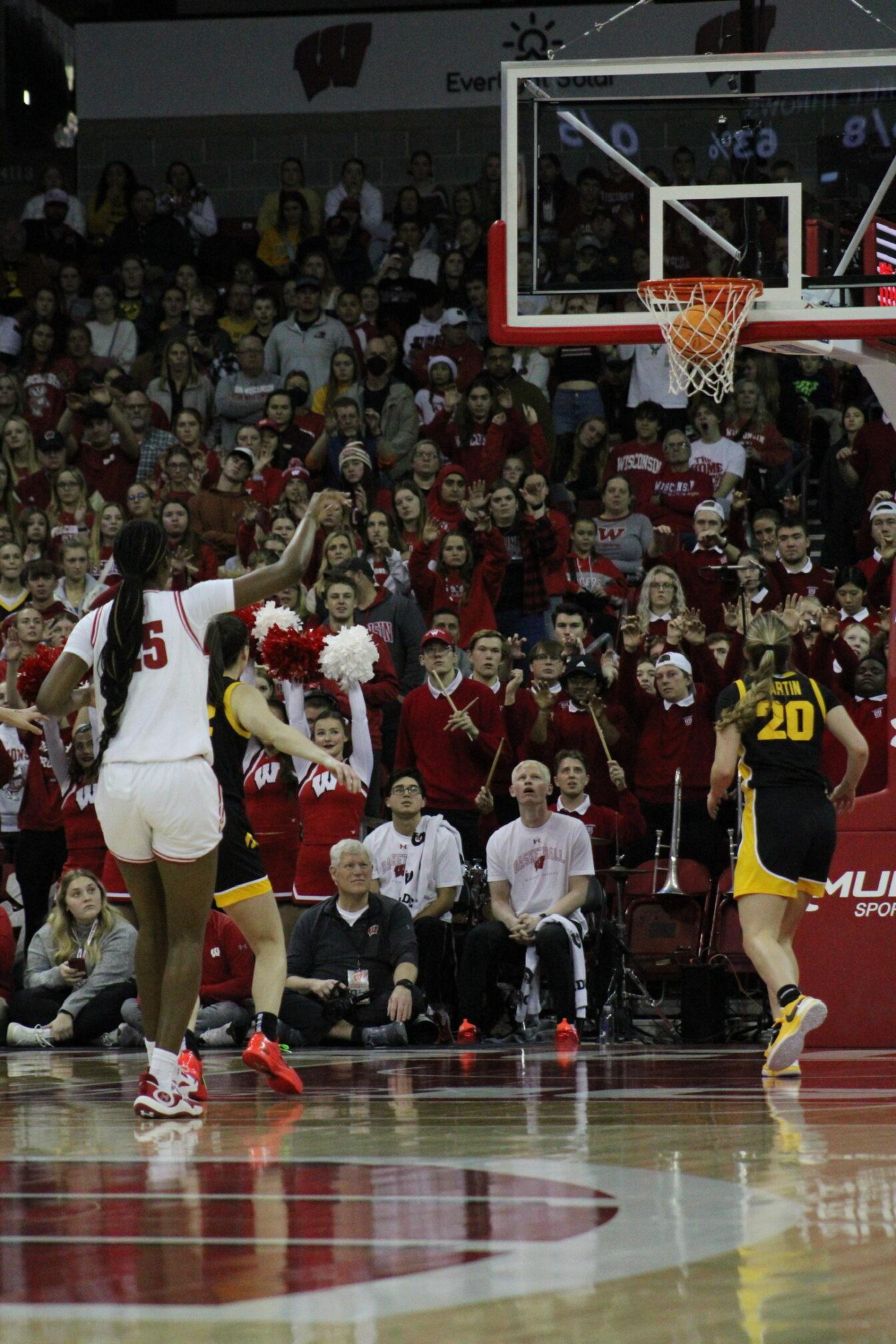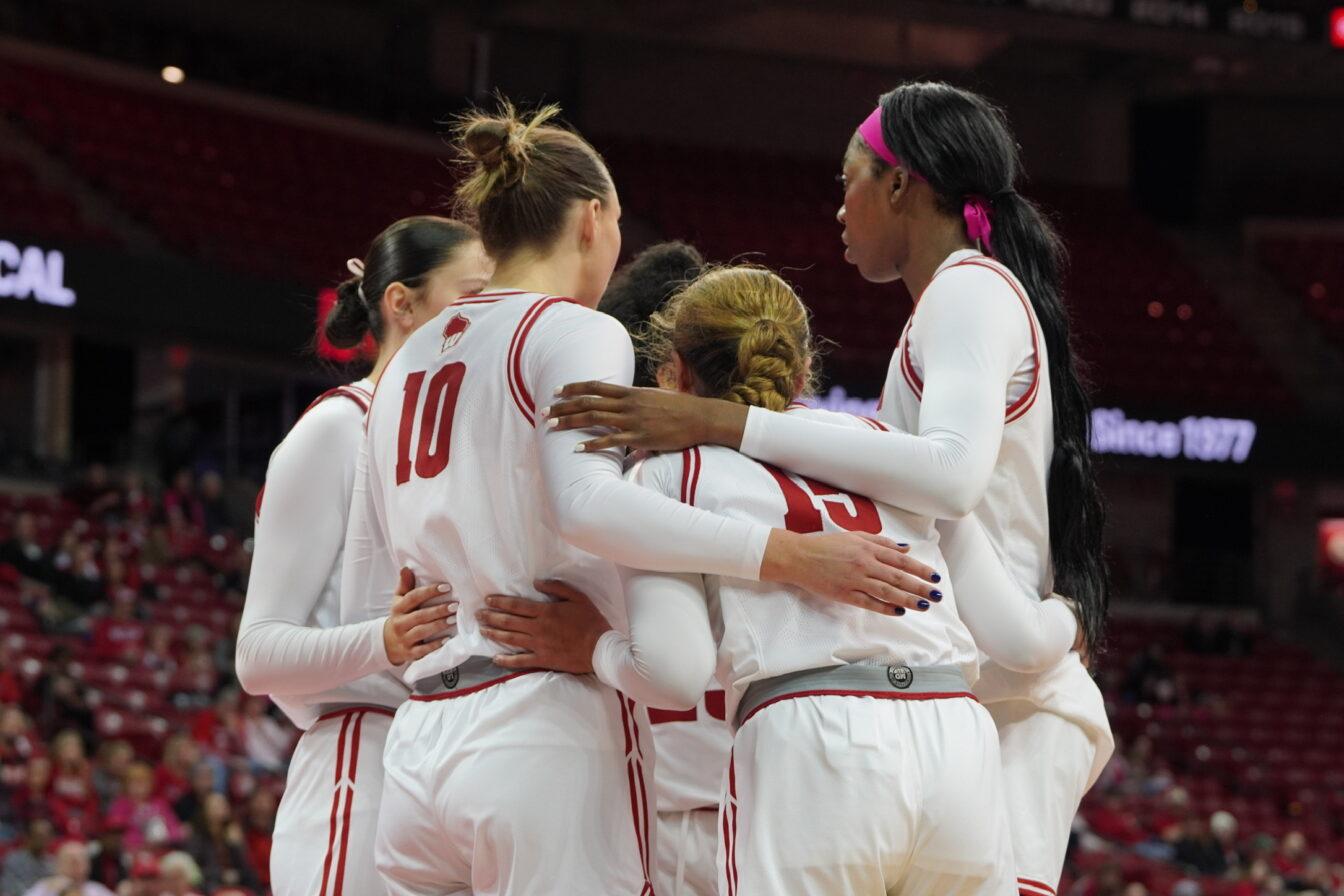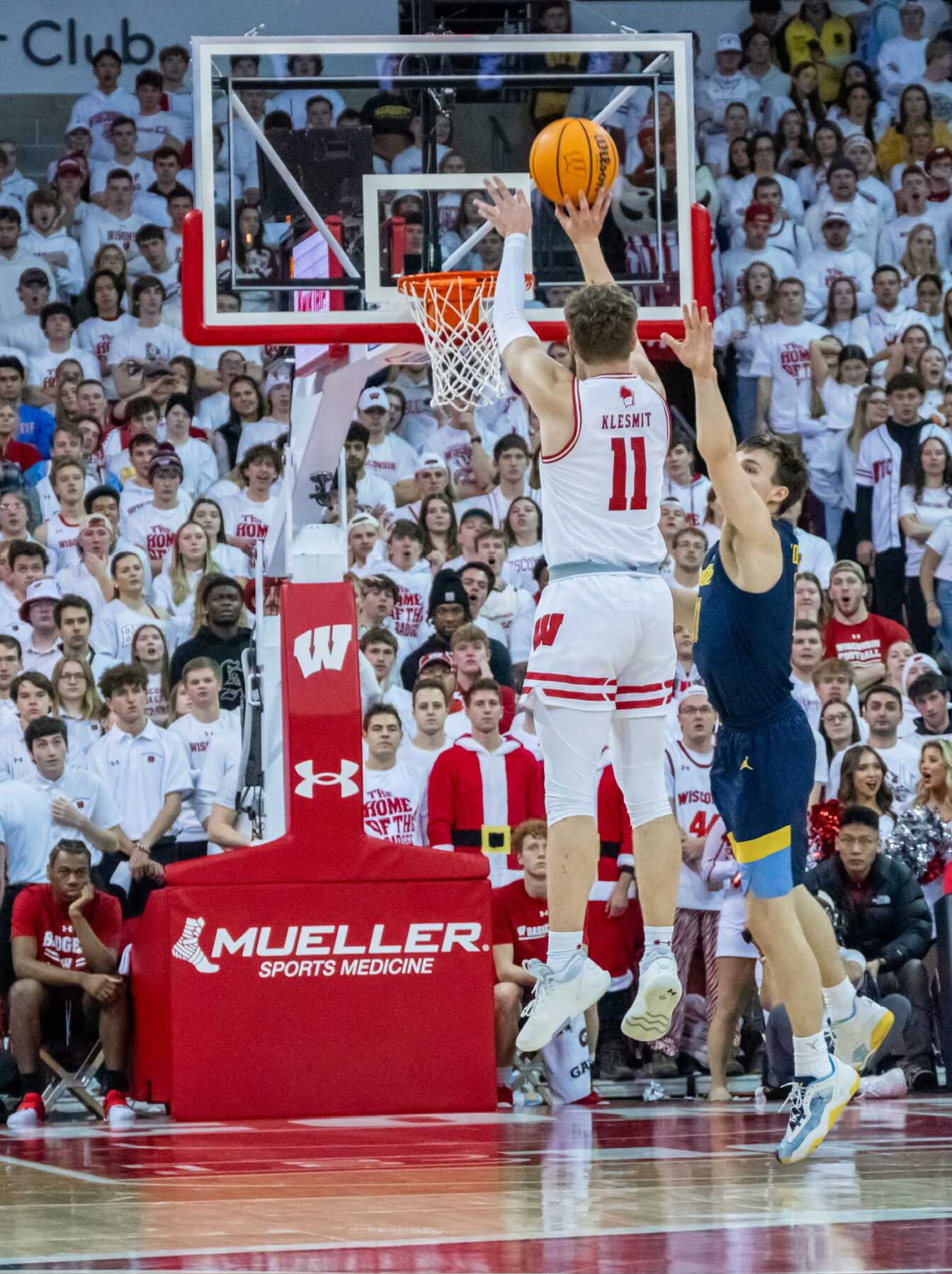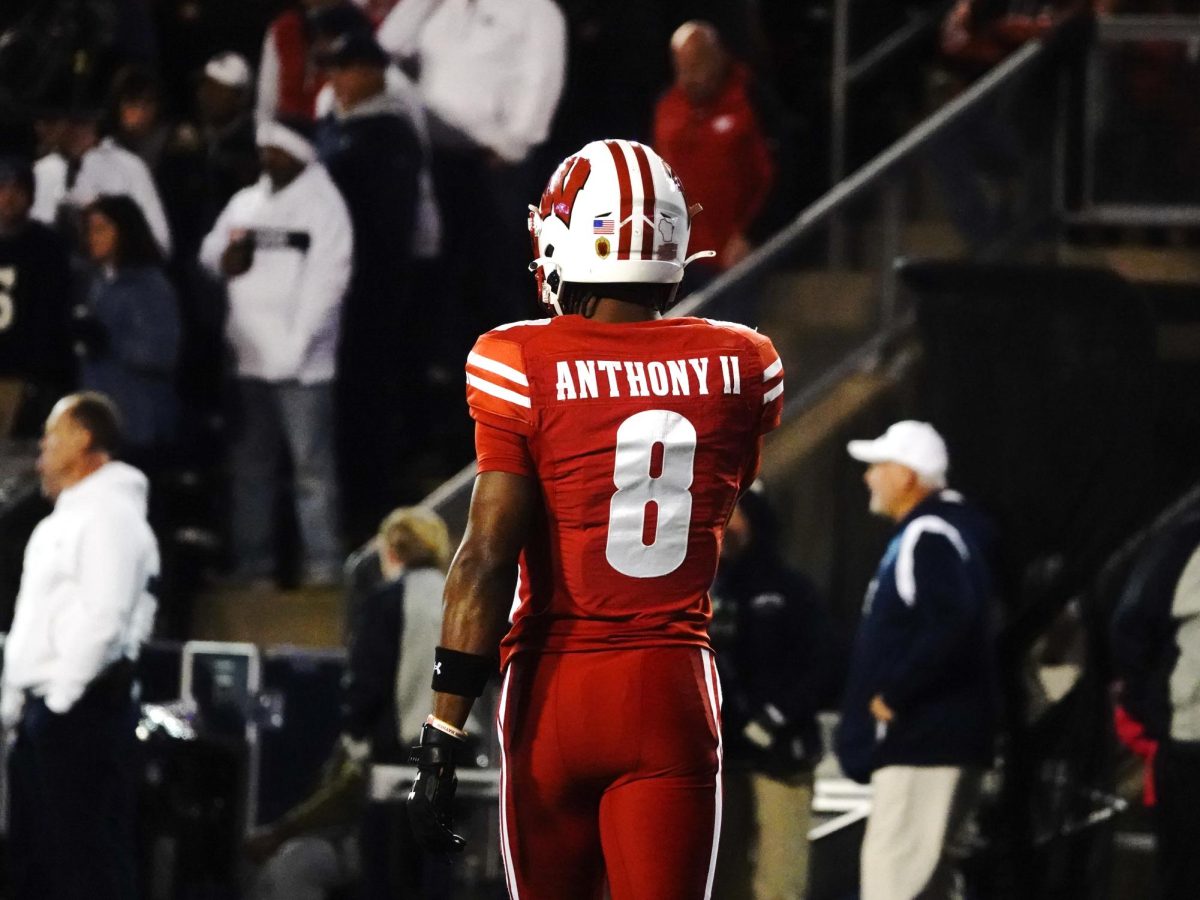Recently, a new controversy in golf has arisen, putting the world’s top golfer, Tiger Woods, directly in the middle.
Beginning in July, around the time of the British Open, debate about whether women should be admitted as members of Augusta National Golf Course came to the attention of many in the golf world.
Augusta hosts the Masters in April, one of the four major golf tournaments played each year. The Masters is the first tournament of the year; in June there is the U.S. Open, July features the British Open and, finally, in August there is the P.G.A. Championship.
Out of all these tournaments, the Masters is the only tournament that is always played at the same course; the other tournaments rotate to different courses. For example, in 2004, the P.G.A. Championship will be held in Sheboygan, Wis., at Whistling Straits.
As a private course, Augusta has reserved the right to admit only a select group of members to the club, none of which have been women, and only recently has the course admitted black members.
At the British Open, reporters posed the question to Woods of whether or not he felt women should be admitted as members to the exclusive Augusta National Golf Course.
“It would be nice to see everyone have an equal chance to participate, but there is nothing you can do about it,” Woods responded.
This created a major stir in the golf world, with many hoping Woods was going to become directly involved with the acceptance of women at Augusta.
Last week, Woods was once again pestered about what his thoughts on the Augusta situation were.
“Do I want to see a female member?” Woods said. “Yes. But it’s our right to have any club set up the way we want to.”
After his comment, Woods went on to suggest that Martha Burk, the chairwoman of the National Council of Women’s Organizations, and William (Hootie) Johnson, chairman of Augusta National, set up a meeting and work out some sort of compromise.
His comments this time created a vicious uproar, not only in the golfing community, but in the sports world as well.
Many have come to believe that Woods should be doing more to further the cause of women and should stand up and become a national spokesperson for the issue. Not only have many taken this stand, but many have also spoken harshly of Woods and have criticized him for not taking a more active role in this issue.
My problem with these attitudes is, who is anyone else to tell Tiger Woods what he must stand up for and in what issues he should be active?
Just because he is a well-known professional athlete, this does not automatically equate him with being responsible to fix all that is wrong in golf. Woods has become the star he is because of his play on the links and because of what he has been able to accomplish, all at the tender age of 26.
In 1991, 1992 and 1993, Woods three-peated as U.S. Junior Amateur Champion, and in the following three years, 1994, 1995 and 1996, Woods won the U.S. Amateur titles and soon after turned pro. In 1997, at 21 years of age, Woods became the youngest player to ever win the Masters and the first person of Asian or African decent to win a major gold championship. In 2000, after winning the British Open, Woods became the youngest player to win all four major titles.
Woods is actually busy trying to build his career and focus on his job: playing golf.
“I’m also trying to win tournaments here,” Woods said in frustration. “Do people understand that?”
Whether people want to believe it or not, professional athletes enter their respective sports for the love of the game and to earn a living doing what they are good at. They do not enter the draft or sign with a team in order to become a role model or a national spokesperson for this campaign or that campaign.
I definitely have more respect for those athletes who do become advocates for worthy causes, but I by no means believe an athlete should be required to fight for a certain cause or be forced into supporting something for which he or she is not comfortable fighting.
In light of his involvement with women membership at Augusta, Woods has begun to feel the unrealistic pressure society is putting on him to stand up for issues it feels are important.
“I didn’t see it coming to this degree,” Woods said. “Yes, I’ve always wanted to impact lives in a positive way. But I like to pick my own causes and not be forced into having to do something.”
Professional athletes hold an important position in our society today, I won’t deny that, but we have to be careful what unrealistic expectations we pin on those same athletes. Just because they dominate their sport or set amazing records doesn’t mean that they should automatically champion rights for every organization that comes calling.
Ultimately, it is up to each individual athlete to pick when, where and with what he or she wants to become involved. To force an athlete to become involved or to chastise him for not becoming involved is wrong.
Let me just state I do lean in favor of allowing women to become members of Augusta National Golf Course, but I definitely do not agree with the way leaders of this cause are going about things and the way they are trying to manipulate and use Tiger Woods.
“I’ll say what I believe, but I’ll choose when,” Woods said.
Amen.







